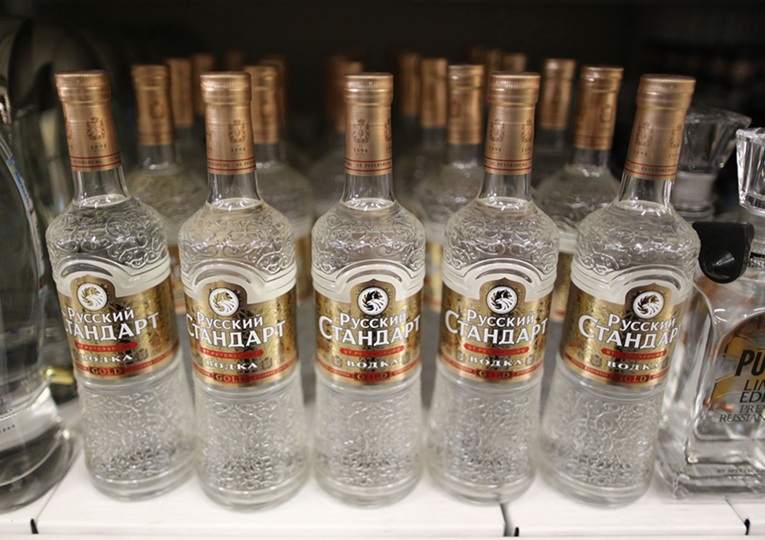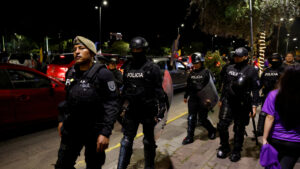In January 2025, Russia implemented a 15% increase in excise taxes on alcohol, a move widely interpreted as a strategy to bolster state revenues amid declining oil and gas income and to finance its ongoing war against Ukraine. This tax hike is part of a broader effort by the Kremlin to shift the financial burden of the conflict onto Russian citizens and businesses, as military spending continues to surge. The 2025 federal budget, recently approved by the State Duma, prioritizes defense and internal security, with over 43% of planned expenditures allocated to these sectors.
The immediate impact of these higher excise taxes has been a dramatic drop in domestic alcohol production. In the first quarter of 2025, vodka output fell by nearly 23%, while brandy production declined by 25%. Industry data show that overall alcoholic drinks production in Russia plummeted by 25.6% in February 2025 compared to the previous year, marking the lowest levels since 2017. Analysts attribute this sharp decline not only to the tax increases but also to stricter anti-alcohol measures and rising minimum retail prices, which have further dampened demand for spirits.
Despite these measures, Russian authorities appear determined to maintain high levels of war spending, even as economic challenges mount. With oil and gas revenues projected to fall and Western sanctions biting, the Kremlin is increasingly reliant on non-oil tax sources—such as excise duties on alcohol, tobacco, and fuel—to fill state coffers. However, experts warn that these policies may exacerbate the growth of the shadow alcohol market and place additional strain on ordinary Russians, all while the government remains committed to sustaining its costly military campaign.
“Your donation helps us cover global events, ensuring everyone stays informed.”
(Source: The Drinks Business | Censor.net | Ukraine Today)









